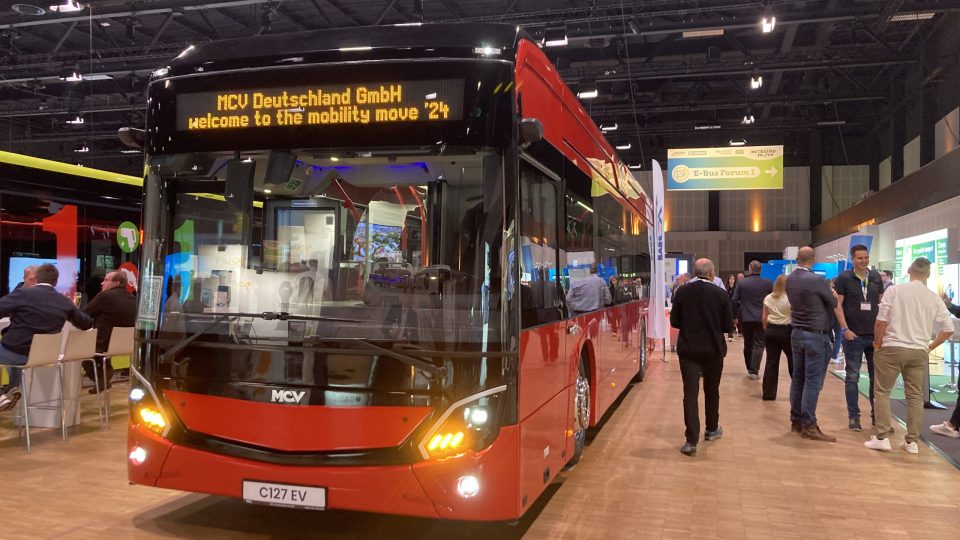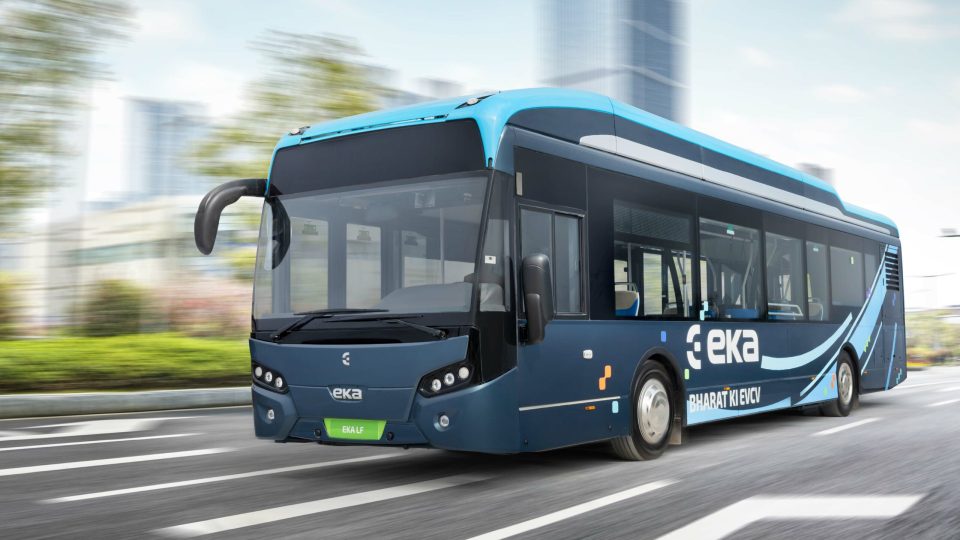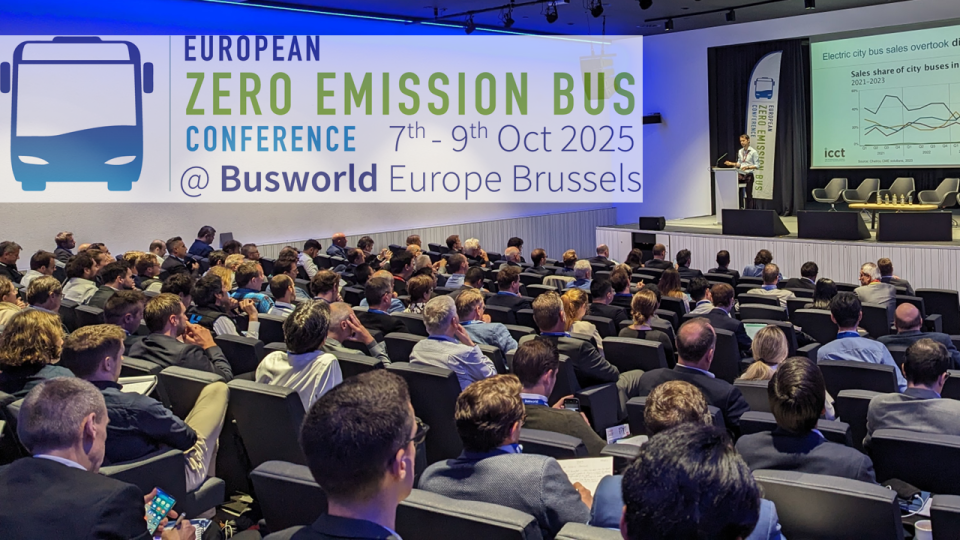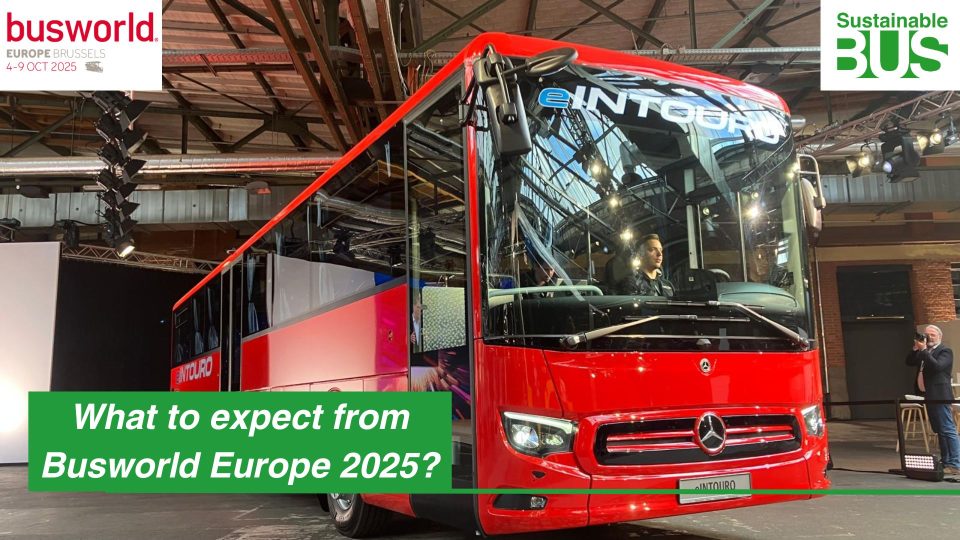Cummins accepted into climate action groups ahead of COP26 summit in Glasgow
Cummins has been accepted into ‘Business Ambition for 1.5°C’ campaign and ‘Race to zero’, two influential groups advocating for climate action ahead of the global COP26 climate summit in Glasgow, Scotland (U.K.) starting Oct. 31. Cummins advocates against climate change The Business Ambition for 1.5°C campaign encourages companies to set robust emission reduction goals for greenhouse gases (GHGs) […]
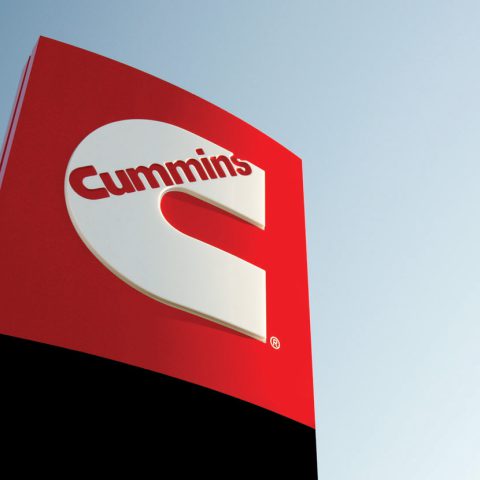
Cummins has been accepted into ‘Business Ambition for 1.5°C’ campaign and ‘Race to zero’, two influential groups advocating for climate action ahead of the global COP26 climate summit in Glasgow, Scotland (U.K.) starting Oct. 31.
Cummins advocates against climate change
The Business Ambition for 1.5°C campaign encourages companies to set robust emission reduction goals for greenhouse gases (GHGs) using science-based targets aligned to the 2015 Paris Climate Accords. By extension, Cummins has also been accepted into the United Nations’ Race to Zero, a global campaign to rally leadership and support from businesses, investors, cities and regions for climate action. Both groups maintain acting now can prevent future environmental threats, create jobs and unlock sustainable growth.
Cummins worked with the Science Based Targets initiative (SBTi) in developing the company’s PLANET 2050 environmental strategy released in 2019. The strategy includes 2030 goals aligned to targets established in the Paris Climate Accords, and the aspiration to reach net zero emissions by 2050.
Cummins is advocating for climate action through its participation with a number of groups including the CEO Climate Dialogue, the Business Roundtable, the International Council on Clean Transportation and the global Hydrogen Council. Linebarger serves as Co-Chair of the Hydrogen Council.
Cummins and alternative drivelines
Cummins has long been working to reduce the environmental impact of core products such as diesel and natural gas engines, cutting the emission of two key contributors to smog from diesel engines, particulate matter and nitrogen oxides, by more than 95% since the 1990s, according to the company’s figures. Facility goals between 2014 and 2020, meanwhile, produced GHG savings equivalent to removing more than 100,000 cars from the road for a year.
The company has also entered the market of low- and no-carbon power technologies such as battery and fuel cell electric. That technology is powering such things as the world’s first hydrogen-powered train. Cummins is also a leading manufacturer of electrolyzers to produce green hydrogen, a promising fuel for decarbonization. The company is now partnering in projects involving the technology with Spain-based Iberdrola, a leader around the world in no- and low-carbon energy production.
Cummins’ Chairman and CEO, Tom Linebarger, says: “Climate change is the existential crisis of our time and the biggest threat to our Mission as an organization,” said Linebarger. “So, we want to dedicate our innovation, our talent, our resources, and our investments to reduce our impact on the climate. Of course, we have a lot of other challenges to address at the same time to fulfill the needs of our stakeholders, but if we don’t address climate change, there will be nothing else to do.”
Alberto Carrillo Pineda, Managing Director of the Science Based Targets initiative, one of the partners in Business Ambition for 1.5°C, said it is critical to take action now. “There is no time to lose,” Pineda said. “The transformation to a net-zero economy is unavoidable. …To stand a fighting chance of maintaining a habitable planet, we urgently need more companies to act on climate science and to decarbonize our economy.”

